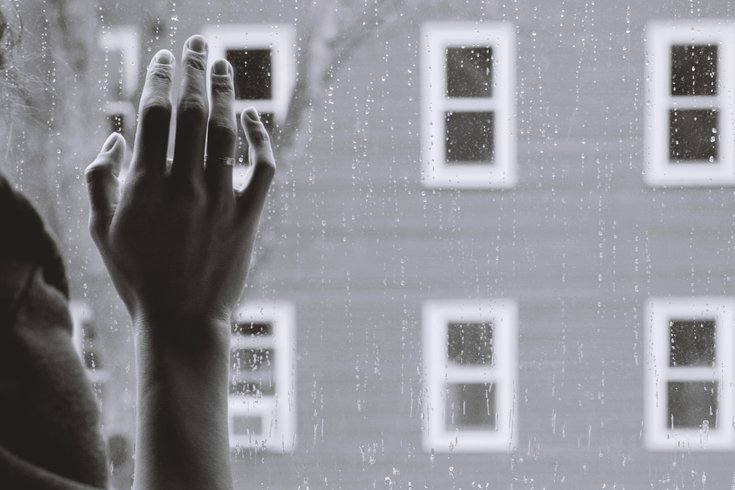
February 09, 2022
 Kristina Tripkovic/Unsplash
Kristina Tripkovic/Unsplash
While it is not completely clear why certain people experience SAD, mental health experts theorize that it is because the seasonal changes disrupt the body's circadian rhythm – our internal clock which is influences by environmental cues, especially light.
With low temperatures and fewer hours of sunlight during the colder months, it's not unusual for people to be feeling a little gloomier than they normally would. However, if you experience persistent sadness during this time of year, it might be more than just a case of the "winter blues."
Seasonal affective disorder, or SAD, is a form of depression that is triggered by changes in daylight and weather. The condition impacts most people around the winter months, but some can experience it during warmer months too.
Symptoms of SAD include feelings of depression that occur in a seasonal pattern, fatigue, loss of interest in things you usually enjoy, sleeping too much, difficulties in concentration, feelings of guilt or hopelessness and changes in appetite or weight gain.
The American Academy of Family Physicians reports that almost 6% of Americans are affected by SAD, and almost 20% experience milder winter blues. Women and young people are typically more susceptible, as well as people who are diagnosed with depression, bipolar disorder, or have a family history of these mental conditions.
While it is not completely clear why certain people experience SAD, mental health experts theorize that it is because the seasonal changes disrupt the body's circadian rhythm – our internal clock which is influenced by environmental cues, especially light.
Disruptions in hormone levels, particularly ones that regulate sleep and mood like serotonin and melatonin, may also play a role.
If you are persistently sad and lack energy during the winter months, it is important not to ignore your symptoms. All forms of depression are serious and can have a significant impact on your life and well-being.
When left untreated, SAD can lead to substance abuse and other mental health issues like anxiety and eating disorders, as well as suicidal thoughts or behaviors.
The most important thing to remember is that there is help available. Here are some ways to combat seasonal affective disorder, according to Everyday Health, the Mayo Clinic and the Cleveland Clinic.
1. Talk to your doctor about your symptoms. There are screening tests that can confirm the diagnosis and your doctor can help you find strategies to manage it.
2. Soak in as much natural sunlight as you can during the day. Keep your blinds open to suffuse your home with sunlight, and spend as much time outdoors as possible – even if it's just for a quick walk. Around noon is when the sun is typically at its highest. While some studies have shown that artificial light exposure, such as with lightbox therapy, can also be safe and effective, they are not regulated by the Food and Drug Administration.
3. Find ways to be more social. While cold, wintery weather can make it difficult to hang out with friends and family as much as we would like, there are still ways to stay connected. The COVID-19 pandemic has taught us a lot about how simply FaceTiming and Zooming with loved ones can lift our spirits. It is also important to plan fun activities you enjoy for the days when the weather is more cooperative.
4. Maintain your normal schedule as much as possible, even though you might be having trouble sleeping or have the urge to sleep more. Wake up and go to bed at the same time each day and eat at regular intervals so you are less likely to overeat.
5. Exercise has been proven to help relieve SAD symptoms. While outdoor exercise is the best, even working out at home using exercise machines or following a workout video can be beneficial. Try to workout near a window if possible.
6. Limit your alcohol intake. While a glass of wine or two might temporarily lift your spirits, too much of it will actually worsen your depression and could also lead to an addiction.
7. Have your doctor check your vitamin D levels. A low dietary intake of it can also be contributing to your SAD symptoms. Eating more vitamin D-rich foods or taking a supplement can help reduce symptoms if you have a vitamin D deficiency.
If lifestyle changes do not provide enough relief, your doctor may recommend talk or behavioral therapy and medications such as selective serotonin reuptake inhibitors, which are often used to treat depression.